The IB offers four high-quality and challenging educational programmes for a worldwide community of schools, aiming to create a better, more peaceful world. The Middle Years Programme (MYP) provides the curriculum framework for students Years 7 to Year 10 and is undertaken by all students in the Middle School. At the end of Year 10, students who meet all the requirements of the MYP will be awarded an MYP completion certificate by AZC.
The Al Zahra College Curriculum Handbook (Years 7-10) is designed to give parents and students an overview of the curriculum and learning opportunities that are available at Al Zahra College over the four years of the programme. The MYP provides a common framework that is consistent across all levels and areas of study. It is a student-centred programme based on the unique needs and characteristics of adolescents. The programme engages and motivates students to reach their highest potential and helps shape their character. It is a programme that provides discipline, challenging standards, skills development, creativity and flexibility to help students become self-reliant and responsible world citizens.
The MYP curriculum model places the student at the centre and has a philosophy that promotes the education of the whole person and the “connectedness” of learning. The programme has been developed with developmentally appropriate attention to:
• Conceptual understanding
• Teaching and learning in context
• Approaches to learning (ATL)
• Service as action (community service) • Language and identity
• Learning diversity and inclusion.
